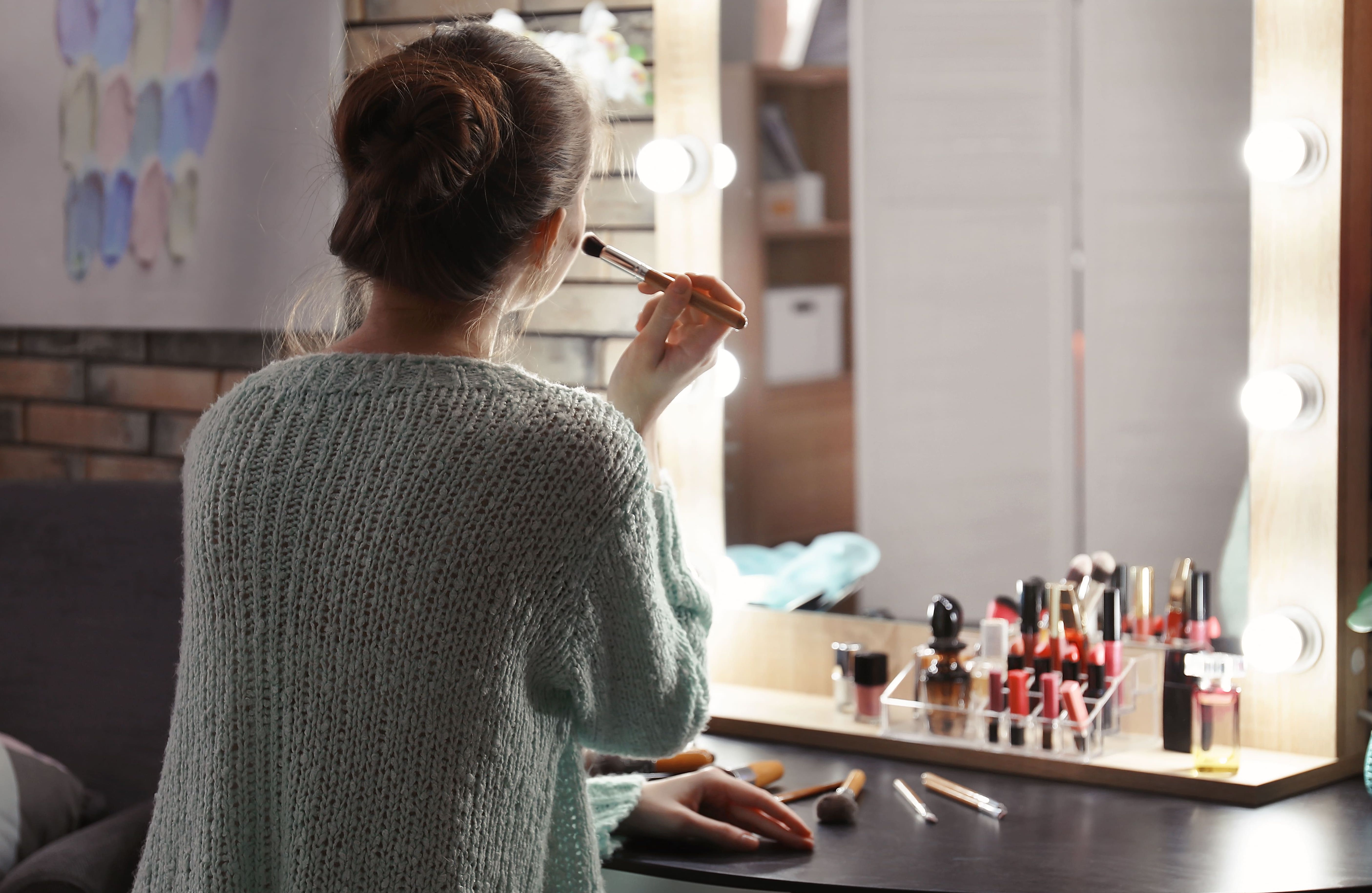With the UK now in its eighth week in lockdown – and millions more around the world still under restrictions – consumers have established various coping strategies to help them get through. According to global intelligence platform Streetbees, 60% of UK consumers feel pressure to spend lockdown ‘productively’ and what we’re seeing is that people are responding to this pressure in very different ways.
Here are three different personas that have emerged since the introduction of the nationwide lockdown…
The self-improver
We’ve all seen the lists – ‘X skills you can learn while in lockdown’. From sewing to coding to learning a new language, the internet is full of ways people can use their time to improve themselves.
Although this may cause anxiety and pressure to some – for the self-improvers, this messaging comes as a welcome challenge. But it’s not simply new hobbies that this applies to – this group is also using this time to create better skin and personal care routines, and even looking for ways to become healthier, for example by taking vitamins and supplements.
In fact, 25% of consumers worldwide are currently paying more attention to their beauty and skin care routine as they have more time to invest in experimenting and taking care of themselves.
This is a great opportunity for personal care brands who highlight the benefits of their products – whether it be softer skin or stronger hair, these consumers are focused all around the end result!
“I have started to use body and face scrubs more as well as having more time at home to explore a more intense skin regime. I’ve never really been that bothered with my skin but might as well use this time to understand what really works for me.“
Male, 36, UK
The freedom lover
Globally, 1 in 3 people are wearing less makeup/paying less attention to their skincare routine – instead diverting their time and money to activities like cooking and meditating.
Not everyone likes the pressure to be productive – some simply want to take a step back, relax and enjoy the sudden surge in time to themselves. These people are most likely to avoid makeup, adopting a natural look that requires little time or effort.
Comfort is the biggest priority, as is mental wellbeing – meaning any messaging encouraging people to be active and productive won’t be welcomed by this group. Instead, products focused on improving sleep, relaxation and self-care will thrive.
“I used to wear makeup when I went out to see friends and family, however I have stopped using makeup as I don’t go out anywhere and I don’t see anyone anymore. Although I miss going out, it’s quite nice not having to get done up. I don’t use any creams on my face either, I just have a vitamin e serum that I got.”
Female, 50, UK
The routine-protector
During times of uncertainty and change, maintaining any semblance of normal life can have a huge impact on an individual’s psychological wellbeing. That means, despite working from home and not interacting with others, this group continues to carry out their morning routines as if they were heading to the office or school.
When consumers use cosmetic products, their moods are overwhelmingly positive, as beauty moments provide valuable respite and relieve the potential stress of the lockdown.
This group isn’t just full of makeup lovers though – maintaining routine could mean simply getting up at their usual time, showering before work or wearing jeans. What’s important is to feel in control of the situation – and create hope that ‘normal’ will return soon.
“I’ve worn makeup to work more frequently just to make myself feel better and as I can’t go anywhere else anyway! I know a lot of people aren’t bothering right now but putting makeup on in the morning helps me feel normal and gives me a proper start to the day.”
Female, 38, UK
Of course, not everyone falls only into one of these categories – depending on an individual’s emotional evolution, they may have started off as a home-body early in lockdown but are now focusing more on their own self development. As lockdown eases, it will be interesting to see which of these habits persist beyond the pandemic, and how long it takes for consumers to their old routine – if they do!


